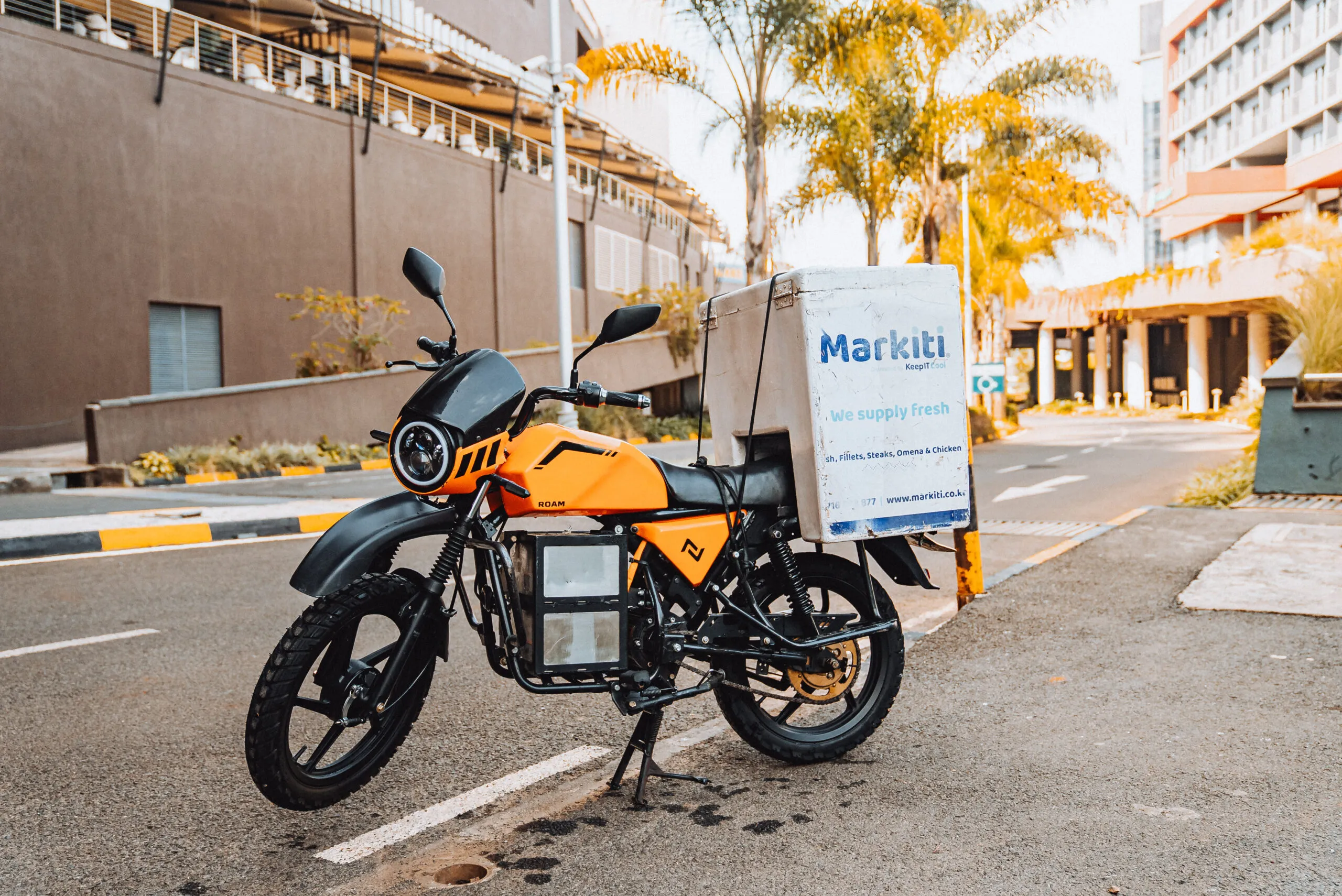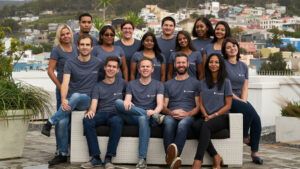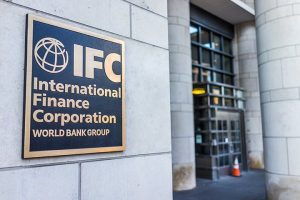Key Developments
Kenyan Startups Roam, Keep It Cool Launch Africa’s First Electric Cold-Chain Delivery Network

Two Kenyan startups, Roam and Keep It Cool, have partnered to introduce what they describe as Africa’s first fully electric cold-chain delivery system.
The collaboration brings together solar-powered refrigeration and electric motorcycles to enable cleaner, more cost-effective food transportation.
Roam specializes in electric transport solutions for African markets, while Keep It Cool operates a smart cold-chain system known as Markiti.
The new delivery network starts with the integration of five Roam Air electric motorcycles into Keep It Cool’s logistics operations.
Currently, this system delivers over 250,000 kilograms of fresh produce weekly to 4,000 businesses in major urban centers across Kenya.
The Roam Air motorcycle is capable of transporting loads of up to 240 kilograms.
It also offers a significant cost advantage, lowering operating expenses by as much as 75% compared to traditional petrol-powered motorcycles.
This makes it a suitable option for delivery companies looking to reduce both expenses and environmental impact.
“This collaboration is a practical example of how clean energy can support local supply chains and reduce carbon emissions,” said Roam sales executive Elijah Gakomo. “We’re showing that logistics in Africa can be both sustainable and locally driven.”
Abigail Gichigi, Operations Director at Keep It Cool, highlighted that their cold storage infrastructure already helps save nearly 400 tonnes of fish each year—products that might otherwise go to waste.
She noted that the adoption of electric transport will enhance their ability to provide safe and affordable food to a larger population.
“Our aim is to scale up food distribution while remaining environmentally conscious. Working with Roam allows us to do just that, benefiting both people and the planet,” Gichigi said.
The new initiative marks a step forward in integrating green technology into Africa’s food supply systems, addressing both sustainability and efficiency challenges.
Related Articles
Share :
You may also like...

Yassir: The Algerian Superapp that is changing how daily services are provided in Africa and beyond
Yassir is an Algerian super app that provides a suite of services to make life easier for Africans.

IFC Extends $10 Million Loan to Lula to Expand Financing for South Africa’s Small Businesses
The International Finance Corporation (IFC) has extended a local-currency loan of ZAR 170 million (roughly US$10 million) to South African digital lender Lula Lend (Pty) Ltd, in a move designed to bolster working-capital access for the country’s micro, small and medium-sized enterprises (MSMEs).

IFC, Proparco, and Helios Partner to Invest in Africa’s Sports and Entertainment Industry
The International Finance Corporation (IFC), Proparco, and Helios Sports and Entertainment Group have announced a strategic partnership to drive growth in Africa’s sports and entertainment sector.
